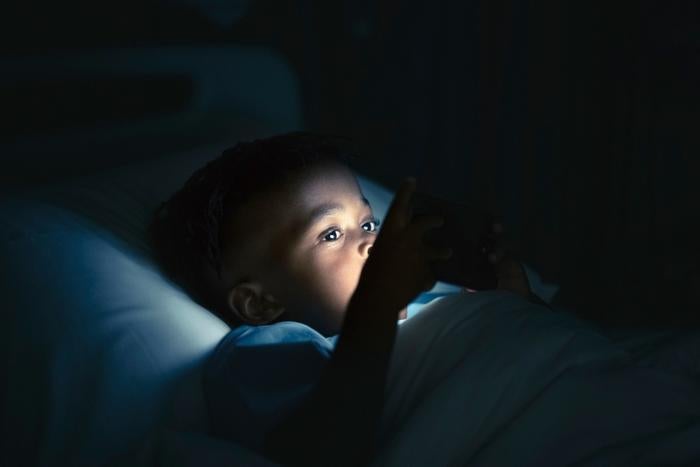Mobile phones, tablets and other sorts of digital devices are easily the most common objects parents use to keep their children entertained during meals or whenever they’re restless or cranky.
However, while this may seem to work on most occasions, exposing young kids to digital screens has detrimental effects on their emotional and behavioural well-being.
According to Today Online, a study conducted from 2015 to 2017 in Singapore shows that children may experience an increase in disrupted sleep and emotional and behavioural difficulties if they are exposed to computers, television and electronic devices at 18 months and below.

Source: consumer affairs
The study involved looking at 367 preschool children in Singapore aged two to five years old who had neurodevelopmental disorders such as autism, language delay, global development delay and learning disorders.
Results showed that 52% of the 367 children were already exposed to screen time at the age of 18 months or earlier, while more than half of them had at least one screen device in their bedrooms.
More than 70% of the children had more frequent sleeping problems while almost 60% of them had clinically significant emotional or behavioural difficulties as reported by their parents.
To put it simply, the children who spent time in front of screens had disrupted sleep, nightmares, trouble sleeping and so on. This then caused them to have emotional and behavioural difficulties, such as tantrums, hyperactivity and an inability to focus.

Source: marie france asia
The children in the study were also asked to complete a test called the Strengths and Difficulties Questionnaire, to determine their emotional and behavioural conditions. A higher score would mean that they had higher rates of emotional and behavioural problems.
Results showed that there were two factors that accounted for 10% of the worsening of a child’s score – 1) If the child had been exposed to screen time before 18 months old and 2) Had associated sleep disturbances. These results were compared to the results of a child who had not been exposed to screen time before 18 months old.
Furthermore, children who had access to screen devices in their bedroom and who also had disrupted sleep made up 13% of the worsening of the score in comparison to those who had not been exposed.

Source: shutterstock
“The research team also found that children who had exposure to both “lifestyle factors” — namely screen time before 18 months old and had electronic devices in their bedrooms — reported more sleep disturbances as well as emotional and behavioural difficulties than those who experienced just one of these “lifestyle factors”,” Dr Mae Wong said.
“Although the study examined children with neurodevelopmental disorders, the results are applicable to the general population and aligned with existing evidence from studies that have been done on typically developing children.”
“The results are relevant to the general population as they support the existing body of evidence that poor screen and sleep habits cause negative effects in children.”
As for the children with neurodevelopmental disorders, they might find it harder to refrain from screen use and using it more could make their condition worse.
The study was conducted by researchers from the KK Women’s and Children’s Hospital (KKH) and the National University of Singapore and published in the Journal of Developmental and Behavioral Pediatrics earlier this year.
Well parents, if you think giving your kids your phones is going to keep them entertained, you might actually be causing them to have behavioural problems instead.
Also read: Study: Lack of Sleep for Four Nights Can Lead You to Putting on Weight & Getting FAT












































